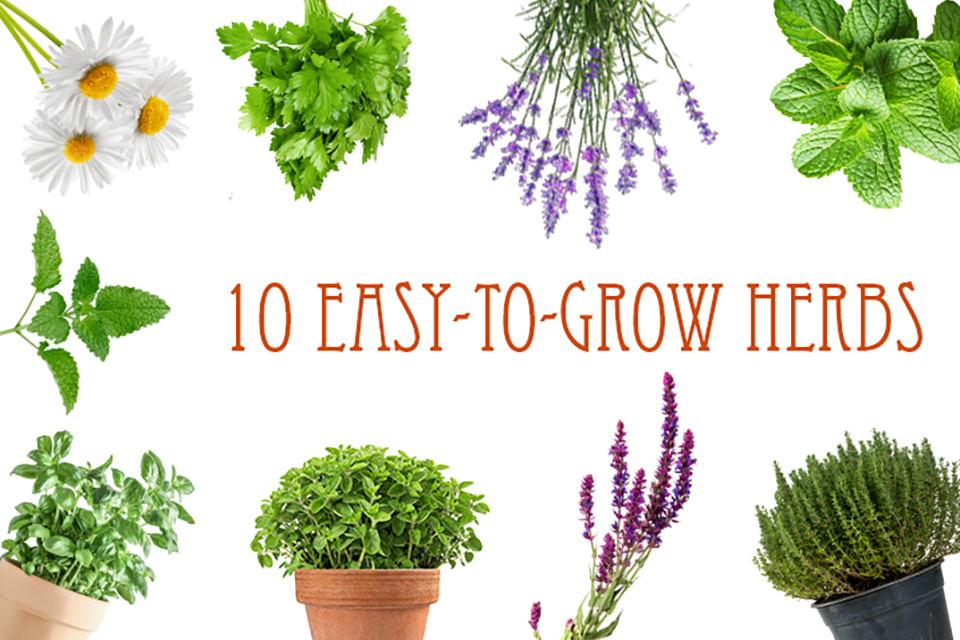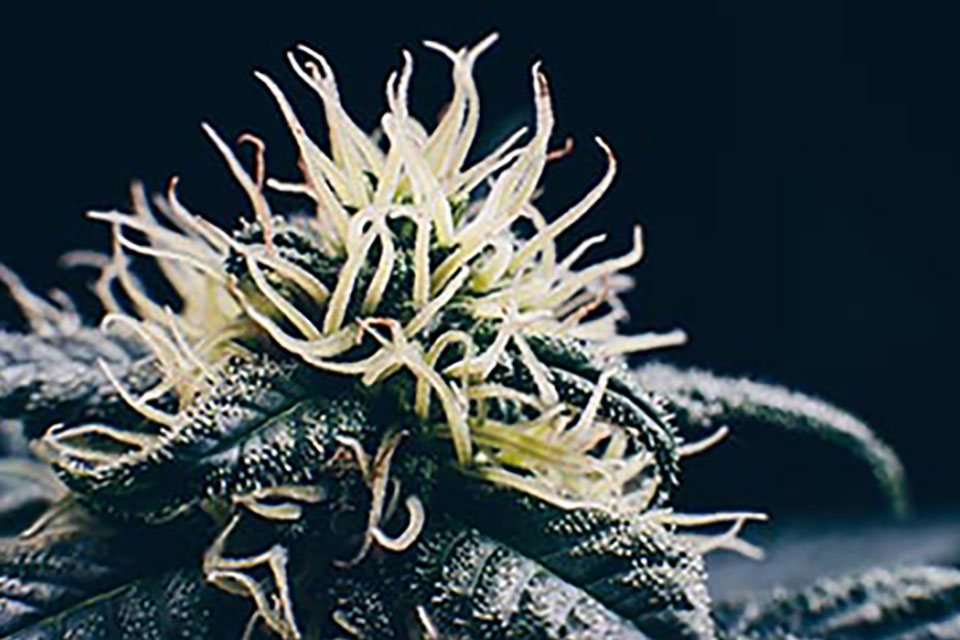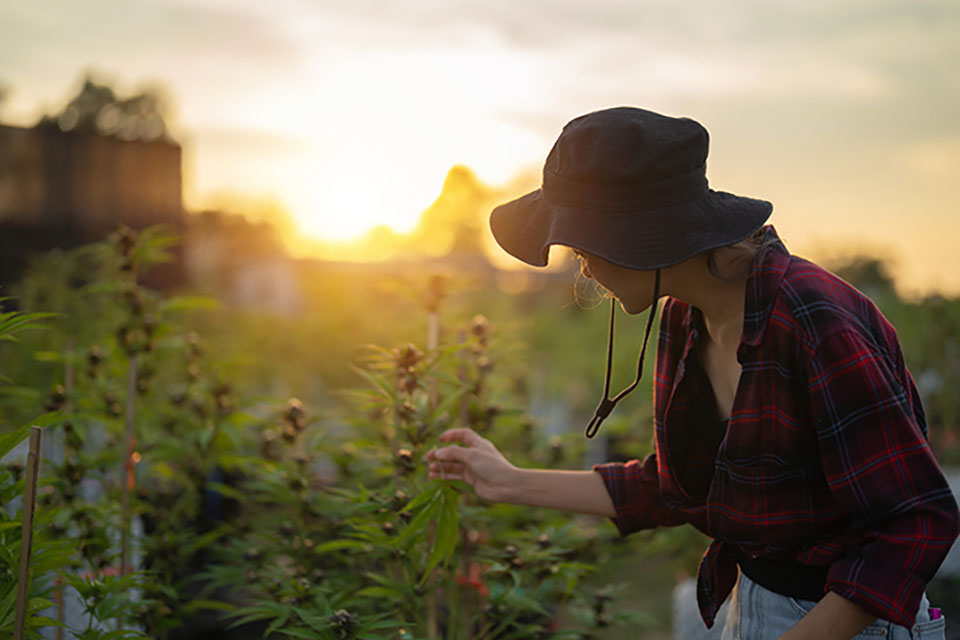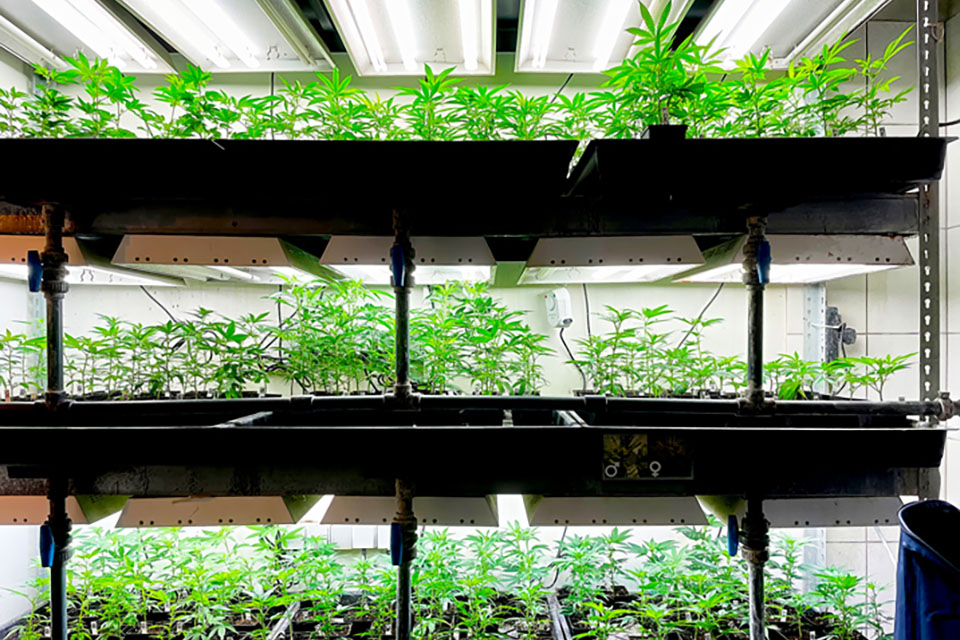
Growing your own herbs is a rewarding way to enhance your culinary creations and promote wellness. Whether you’re an experienced gardener or a beginner, these ten herbs are not only easy to cultivate but also offer a range of flavors and health benefits without any psychoactive effects. Kind Seed Co is committed to providing a wide range of non-psychoactive herbs for your growing pleasure.
Here’s a look at some herbs that can thrive in your garden or on a sunny windowsill.
Basil
Basil is a sun-loving herb that thrives in well-drained soil. This tender plant is sensitive to cold, so it is best grown during the warmer season or indoors if your area experiences frost.
Basil is a kitchen staple in many cuisines worldwide, particularly Italian, where it’s the starring ingredient in classic dishes like pesto. This herb also has found its place in traditional medicine, where it is a digestive aid and anti-inflammatory agent.
Mint
Mint is a robust plant that tolerates a variety of conditions, though it prefers moist soil and partial shade. Mint can spread quickly and become invasive, so consider planting it in containers or raised beds to keep it under control.
Mint is a kitchen essential, used to freshen lemonade, add zest to mojitos, and pepper lamb roasts. It is also used in several medicinal preparations for its calming properties and aiding digestion.
Lavender
Lavender is a sun-loving plant that prefers well-drained soil and a pH between 6.5 and 7.5. It’s drought-tolerant and thrives in a Mediterranean climate, so it’s perfect for dry, hot summers.
Lavender is well known for its calming properties, often used in aromatherapy to reduce anxiety and help with sleep. In the kitchen, its musky floral flavor adds a delightful note to pastries, teas, and even savory dishes.
Chamomile
Chamomile is a hardy perennial that prefers full sun or partial shade and well-drained soil. The soil pH should be neutral to slightly acidic for optimal growth. This low-maintenance plant is resilient to cold and drought.
Chamomile tea is widely renowned for its relaxing properties. It’s also used in creams and lotions for its anti-inflammatory and skin-soothing properties. In the kitchen, its sweet, apple-like flavor makes it a delightful addition to salads and pastries.
Lemon Balm
Lemon balm is a perennial that thrives in well-draining soil with full sunlight or partial shade. It does well in various climates and can tolerate colder temperatures.
Lemon balm’s bright, citrusy flavor enhances both sweet and savory dishes, from fish and poultry to teas and desserts. It’s often used medicinally for its calming properties, helping to reduce stress and anxiety.
Cilantro
Cilantro prefers cool conditions and well-drained soil. This delicate herb doesn’t handle heat very well, so it’s best to plant it in the cooler months or in a shaded area if you live in a warmer climate. To allow for proper growth, you should space cilantro plants about 6-8 inches apart.
Cilantro is a staple in many cuisines, particularly in Mexican and Asian dishes. It adds a fresh, vibrant flavor to salsas, sauces, salads, and more.
Thyme
Thyme thrives in well-drained soil and full sun, though it can tolerate partial shade. It’s a tough plant and can withstand dry, rocky conditions better than most other herbs.
Thyme is a favorite in the culinary world for its ability to add depth and complexity to a variety of dishes, from soups and stews to meat and vegetable dishes. Medicinally, you can use it for respiratory issues due to its antiseptic qualities and to soothe digestive troubles.
Oregano
Oregano enjoys full sun and well-drained soil. It is drought-tolerant and hardy in a variety of climates, making it a great low-maintenance choice for home gardens.
Oregano’s warm, balsamic flavor makes it a fixture in many dishes, from pizza to pasta sauce. Medicinally, it’s an antimicrobial and an anti-inflammatory, and you can use it for respiratory and digestive issues.
Sage
Sage is a hardy perennial with a strong flavor, often used in stuffing and meats. It prefers full sun and well-drained soil. Sage is drought-tolerant and can be grown both in the ground and in containers. It’s also known for its beautiful, silvery-green leaves.
Parsley
Parsley prefers full sun to partial shade and rich, moist soil. It is a biennial plant that can withstand cooler temperatures, and you should plant it about 10-12 inches apart.
Parsley is great for garnishing and flavoring many dishes due to its clean, crisp taste. It’s rich in vitamins A, C, and K, and can aid in digestion and boost the immune system.
The Culinary and Health Benefits of Non-Psychoactive Herbs
These herbs not only can enhance your culinary experience but also offer various health benefits due to their medicinal properties. Exploring new herbs can lead to new flavors, healthier meals, and more robust gardens.



